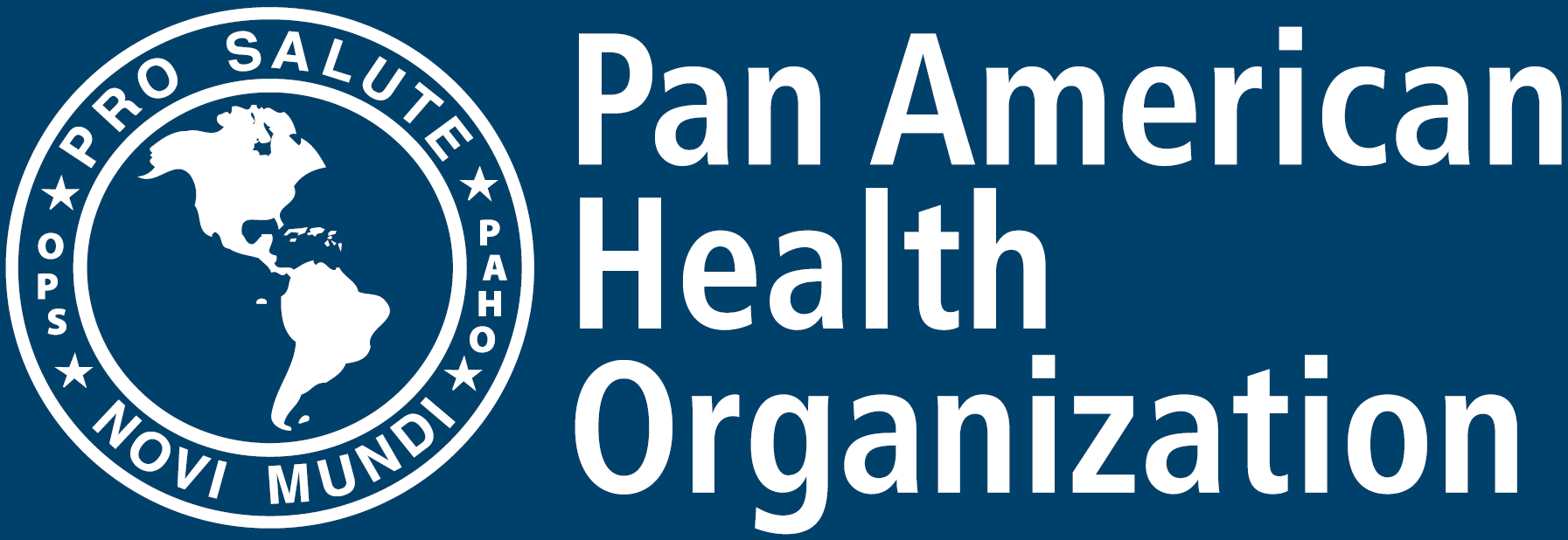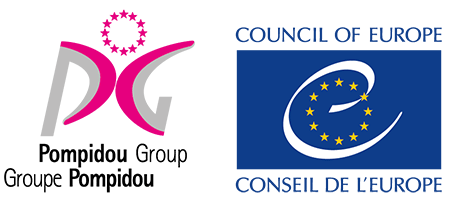Many countries are successfully increasing the amounts of drugs and precursor chemicals seized year on year. These successes have led serious challenges in how to safely and cost-efficiently store and dispose such large volumes of chemically diverse substances.
UNODC’s offers comprehensive capacity building on safe handling and disposal of seized drugs and chemicals. Key elements are the assessment of national disposal capacities, the establishment of a national disposal plan, tailored technical capacity building on safe handling and environmentally responsible disposal techniques including in field settings if required, as well as regional exchange of best practices.
- 10 safe disposal exercises with technical support from UNODC
- Over 150 tons of drugs and over 150 tons of precursor chemicals disposed with technical advice from UNODC
- Over 500 officers training on various aspects of safe handling, management of chemicals, and disposal
- 4 national disposal plans produced
- Assessment of national disposal capacity (technical capacities within government and private sector, legal framework, nature and size of problem, options for disposal and repurposing) leading to national disposal plan
- Tailored technical capacity building
- Technical expert advice on safe disposal exercises
- Regional exchange of best practices in trainings and international meetings
- Best practices on safe disposal are available globally and shared and replicated in a growing number of countries.
- New safe handling and disposal challenges from new, emerging chemicals and synthetic drugs are identified early on to allow the development of customized training and technical solutions
Countries have set up mechanism and have the technical capacity to safely manage and dispose growing volumes of seized synthetic drugs and related chemicals which are cost-effective and environmentally responsible.
Martin Raithelhuber, martin [dot] raithelhuber [at] un [dot] org (martin[dot]raithelhuber[at]un[dot]org)




